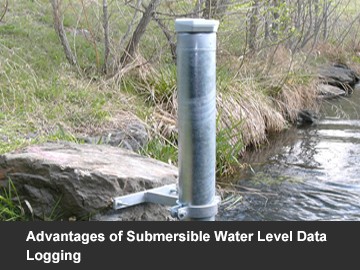Advantages of Submersible Water Level Data Logging
Remote recording of water level data has always been major advantage of submersible water level data logging. However, with different measuring environments and increasing difficulty, most users tend to use multi-functional water level data logging, which can not only measure water level and pressure, but also measure the temperature changes of medium. For African countries and countries where fresh water is scarce, any source of fresh water is precious. Therefore, more and more water conservancy workers and water conservancy projects are using submersible water level data logging to complete the measurement.
What are the advantages of submersible water level data logging?
As mentioned above, more and more users are using the submersible water level data logging for measurement. But why not replace it with other types of water level (pressure) sensors? Compared to other types of sensors, the submersible type water level data logger has a unique advantage. First, the ordinary water level (liquid level) sensor needs to be connected to the computer terminal to record the water level data, and the data capacity and time recorded by it cannot be stored for a long time. However, the submersible water level data logging can simultaneously record water level, liquid level pressure and temperature data, and save data for up to 5 years and record data up to 5000 times. Second, traditional water level sensors can only work with plug-in voltages or solar power, neither of which provides substantial convenience to the user. However, the submersible water level data logging is built into a 3.6-volt alkaline battery that provides 10 years of battery life and allows users to monitor changes in the medium in real time (remotely) in any environment.
The advantages of submersible water level data logging go far beyond that. For more information, you can subscribe to HOLYKELL® to keep up with the latest sensor news.






